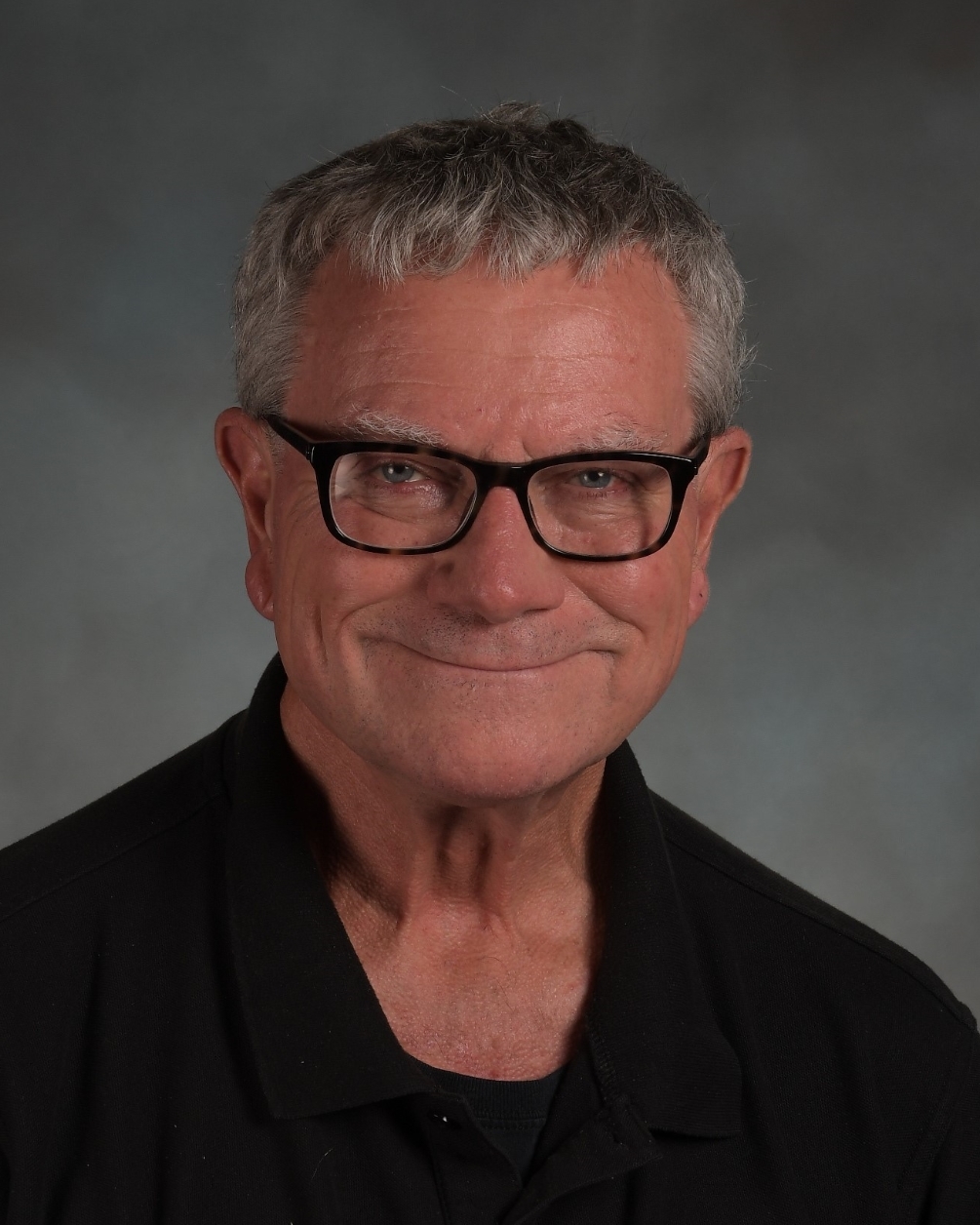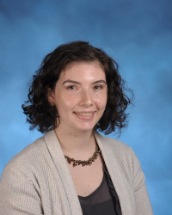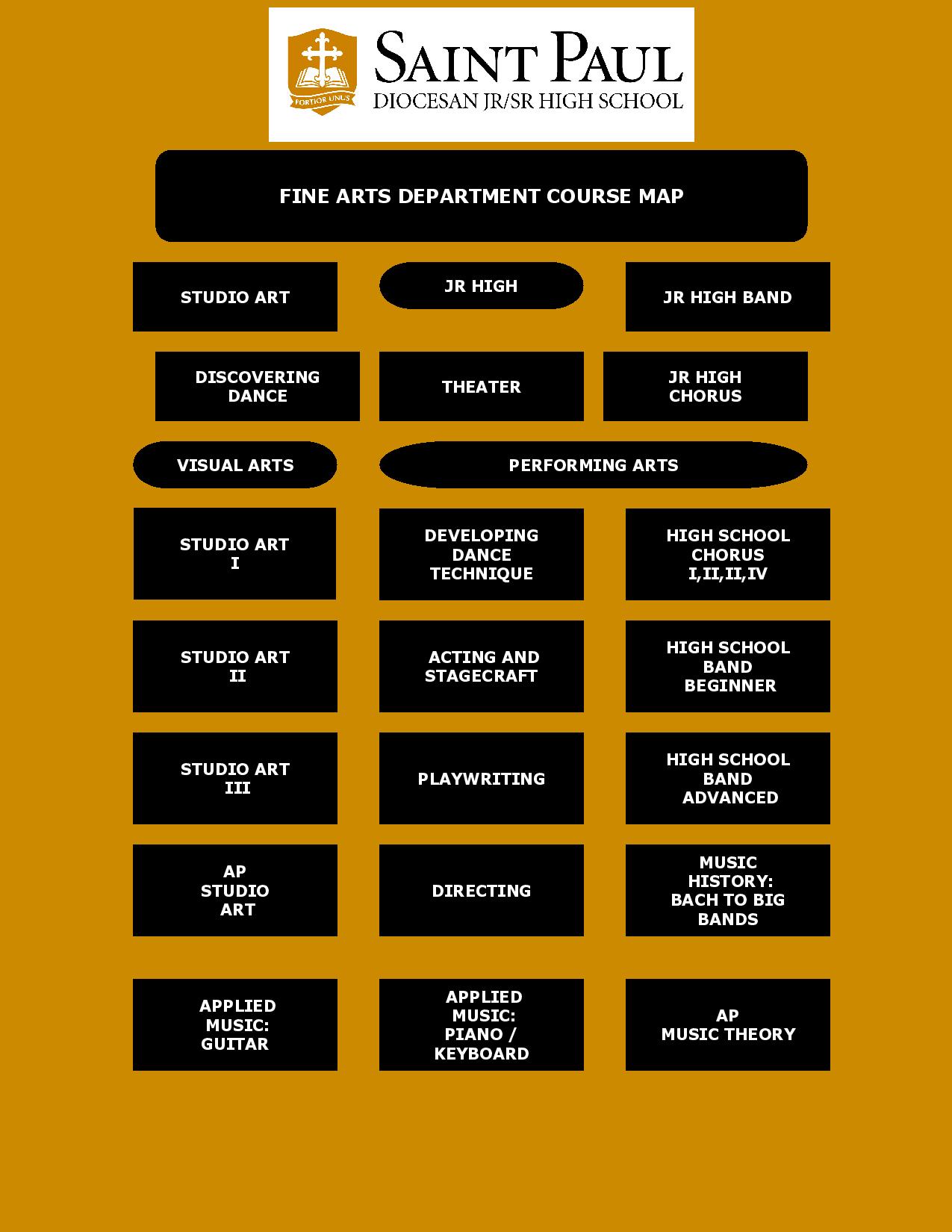Fine Arts
"Welcome to a world where summer sunshine meets the vibrant colors of creativity!"
(1).JPG)
This summer, let your child's imagination soar with the Saint Paul Fine Arts Summer Program. Designed for the young and the young at heart, our program promises a journey through creativity and fun, unlike any other.
Program Details when Creativity Calls:
Date and Time: Join us from July 8-11 and July 15-18, every morning from 8:30 to 11:00 am. This is the perfect stage for your child to shine.
Cost: For just $200.00, embark on a two-week adventure into the heart of fine arts.
Fine Arts Experience:
Led by our amazing, talented, and brilliant teachers, each day is a new canvas filled with possibilities. From painting to performance, our curriculum is designed to ignite a passion for the arts, foster new skills, and ensure every student leaves with a sense of accomplishment and a portfolio of creations.
Spaces are limited, and the palette of opportunities is vast. Register online today to secure a spot for your child on this extraordinary program.
For inquiries, don't hesitate to call Saint Paul Admissions office on 508-852-5555 ext 104 or email us at admissions@saintpaulknights.org
Let's make this summer unforgettable!!!





